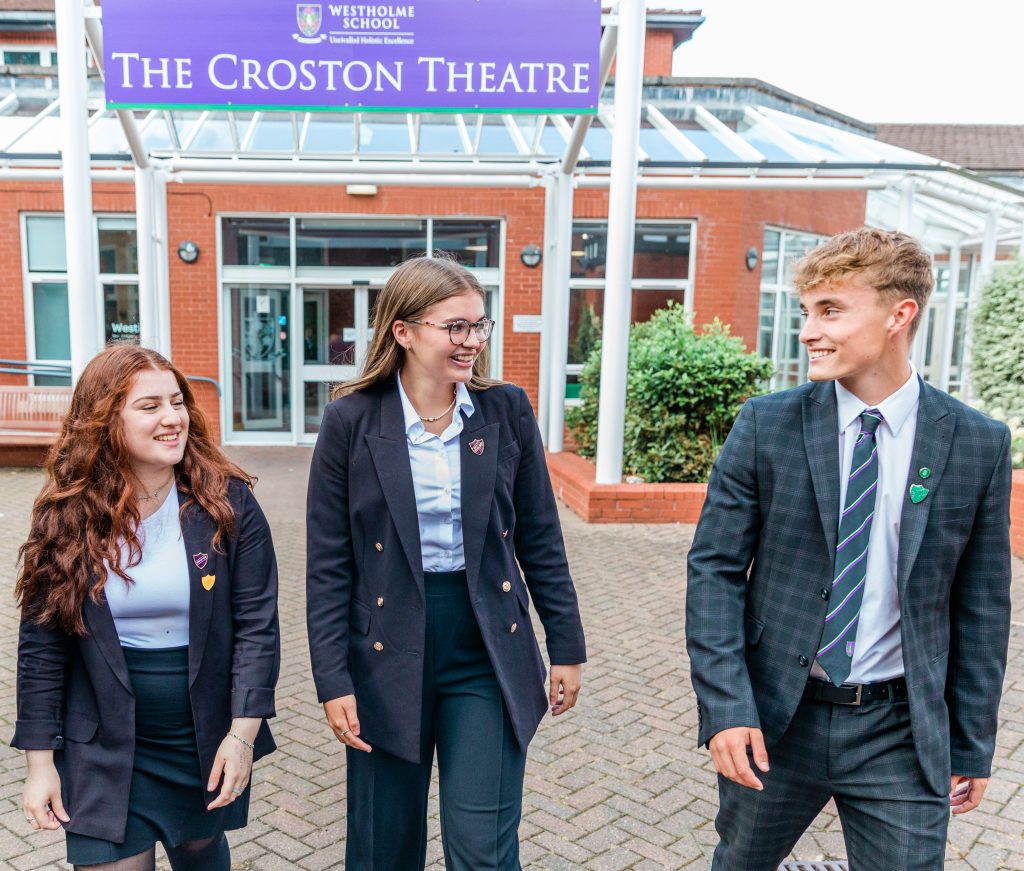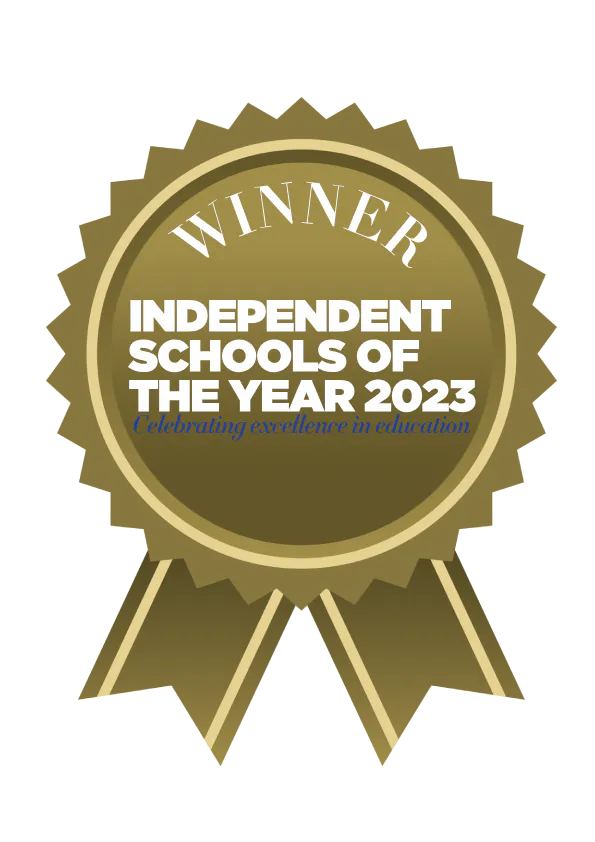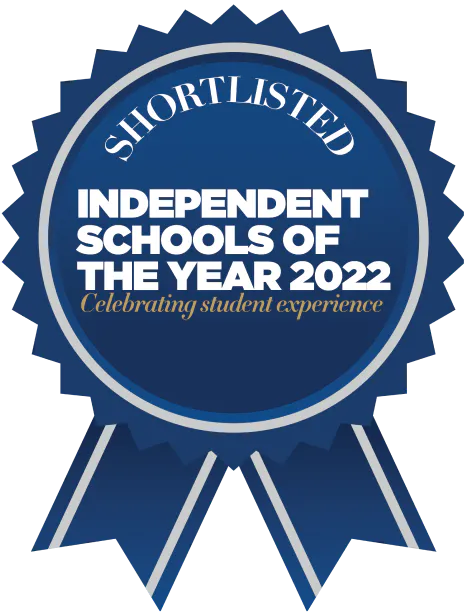A Level Religious Studies/EPR (Ethics, Philosophy & Religion)
Why Choose A Level Religious Studies/EPR?
Do you want to explore the profound philosophical questions of life?
Do you want to develop your analytical thinking?
Are you prepared to engage with the complex ideas and issues facing contemporary society?
If the answer is yes to any of the above questions, then EPR would be a great choice of subject for you to choose at A Level.

Course details
At A Level, you will be delving into the depths of human thought through a study of Philosophy and Ethics; two subject areas that seek to grapple with questions that challenge our everyday thinking about reality, meaning and the actions we take in life. The third aspect of the course is a critical and analytical study of the New Testament. You will explore the Biblical narrative and search for meaning in the messages of this ancient text.
This A Level develops enquiring minds and seeks to explore the complexity of human understanding. You will conduct in-depth analyses of philosophical, ethical and Biblical texts and develop an insight into the thought of the intellectual champions of our past which help us contemplate the ways forward in our own thinking.
“You will be delving into the depths of human thought through a study of Philosophy and Ethics.”
“I love learning EPR! It has given me the ability to think outside the box and to always express my points with solid reasoning and critical ideas.” – CURRENT STUDENT
Higher education and career options
The subject equips you with the 21st Century Essential Skills required at university and in the future workplace. Each lesson will challenge students to engage in critical and reflective thinking as they analyse and deconstruct complex ideas and philosophical arguments. Developing confidence and emotional intelligence through fascinating debates enables you to prepare yourself for tackling problem solving, and evaluating difficult dilemmas, that you will encounter in a range of different life and professional situations. The subject is recognised as a discipline that enables the training of students to think critically; this would be a key aptitude for many degree courses/careers. Religious Studies students have gone on to study a range of subjects at university for example Law, Classics, English Literature, Modern Languages and Business Management.
The transferable skills you will develop studying the subject opens doors to many different occupations. In an increasingly global economy, the skills of vision, creativity and religious sensitivity are at a premium. Students have gone on to become lawyers, teachers, academics, civil servants, social workers, journalists and politicians.
Related subjects
Religious Studies complements a whole range of A Level subjects. Past students have taken it alongside Sciences, Mathematics, Business Studies, Geography and Modern Languages. The subjects that it will make explicit links with are: Classical Civilisation, English Literature, History, Psychology, Science and Sociology.



